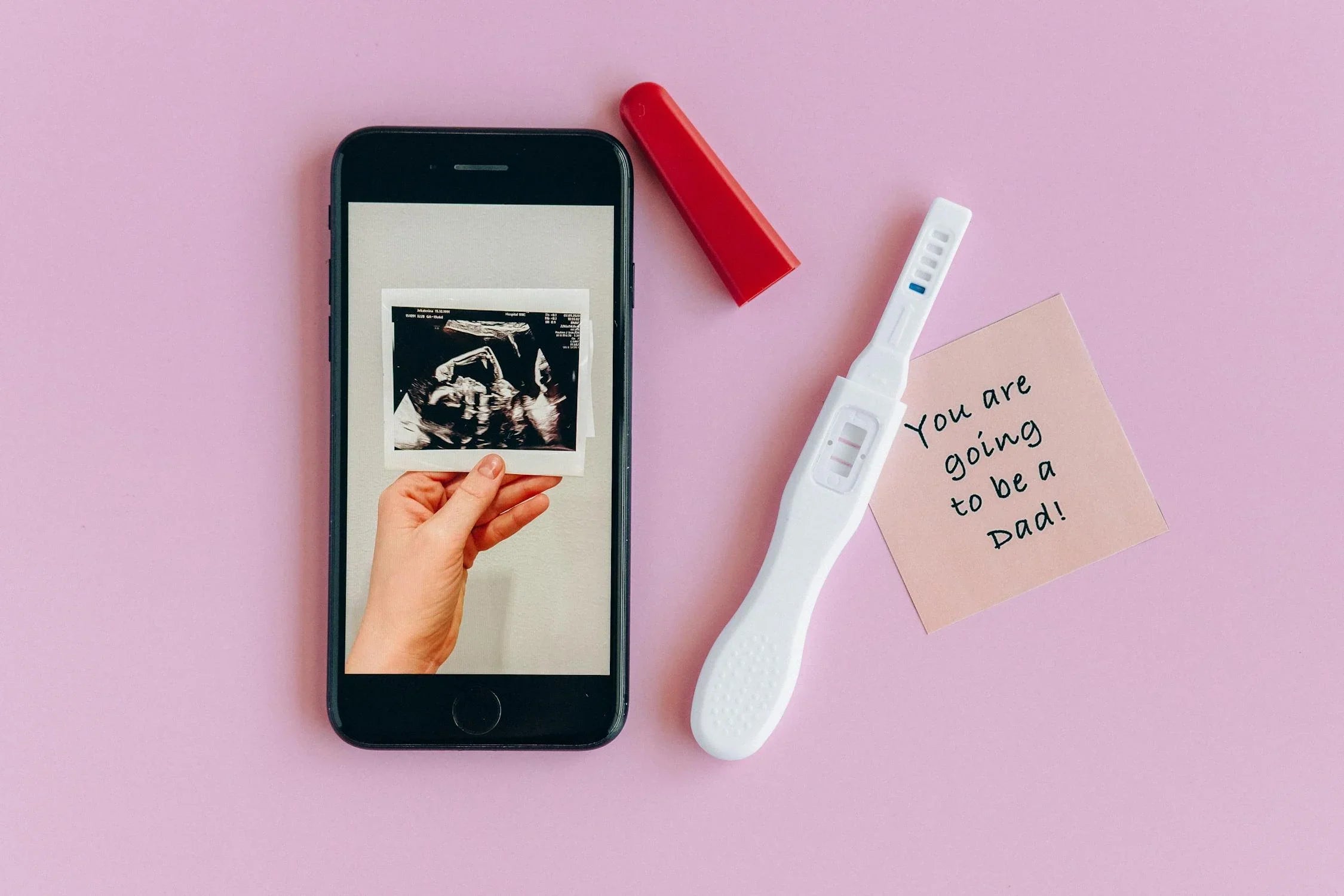Startseite
Pregnancy, Breastfeeding, and Pumping: The Ultimate Guide for Moms
How Quickly Will a Pregnancy Test Be Positive: A Comprehensive Guide

How Quickly Will a Pregnancy Test Be Positive: A Comprehensive Guide
When it comes to finding out if you're expecting, timing is everything. The question 'How quickly will a pregnancy test be positive?' is one that many women ask, and the answer can vary depending on several factors. This article dives deep into the science behind pregnancy tests, the optimal time to take one, and what you need to know to ensure accurate results.
Understanding Pregnancy Tests
Pregnancy tests work by detecting the presence of human chorionic gonadotropin (hCG), a hormone produced by the placenta shortly after a fertilized egg attaches to the uterine lining. There are two main types of pregnancy tests: urine tests and blood tests. Urine tests are the most common and can be done at home, while blood tests are typically performed in a healthcare setting.
When Can You Take a Pregnancy Test?
The timing of when you can take a pregnancy test depends on the sensitivity of the test and when implantation occurs. Implantation usually happens 6-12 days after ovulation. Once implantation occurs, hCG levels begin to rise and can be detected in urine or blood. Most home pregnancy tests claim to detect pregnancy as early as the first day of a missed period, but some highly sensitive tests may detect hCG even earlier.
Factors Influencing Test Results
Several factors can influence how quickly a pregnancy test will be positive:
- Test Sensitivity: Tests with higher sensitivity can detect lower levels of hCG, potentially providing earlier results.
- Timing of Implantation: If implantation occurs later than average, hCG levels may not be detectable as early.
- Time of Day: hCG levels are typically highest in the morning, so taking the test with your first urine of the day may increase accuracy.
- Medications: Certain medications, such as fertility drugs, can affect hCG levels and test results.
Early Testing: Pros and Cons
Testing early can be tempting, but it comes with its own set of pros and cons. On the positive side, early testing can provide peace of mind or allow for earlier prenatal care. However, testing too early can lead to false negatives, as hCG levels may not yet be high enough to detect. If you receive a negative result but still suspect you might be pregnant, it's advisable to wait a few days and test again.
How to Ensure Accurate Results
To get the most accurate results from a pregnancy test, follow these tips:
- Read the Instructions: Different tests have different procedures, so always read the instructions carefully.
- Use First Morning Urine: This is when hCG levels are most concentrated.
- Check the Expiration Date: Expired tests may not provide accurate results.
- Avoid Drinking Too Much Fluid: Excessive fluid intake can dilute hCG levels in your urine.
What to Do After a Positive Test
If your pregnancy test is positive, the next step is to confirm the result with a healthcare provider. They may perform a blood test or ultrasound to confirm the pregnancy and provide guidance on prenatal care. Early prenatal care is crucial for the health of both the mother and the developing baby.
Common Myths About Pregnancy Tests
There are many myths surrounding pregnancy tests that can lead to confusion. Here are a few common ones debunked:
- Myth: You can't get a false positive. Fact: False positives can occur due to certain medications or medical conditions.
- Myth: All tests are the same. Fact: Test sensitivity and accuracy can vary widely.
- Myth: You need to wait weeks to test. Fact: Some tests can detect pregnancy before a missed period.
Emotional Considerations
Taking a pregnancy test can be an emotional experience, whether you're hoping for a positive or negative result. It's important to prepare yourself for any outcome and seek support if needed. Whether you're planning to start a family or not, knowing how to navigate the process can help reduce anxiety and uncertainty.
Understanding how quickly a pregnancy test can be positive is just the first step in your journey. Whether you're eagerly awaiting good news or managing expectations, being informed can make all the difference. Remember, every woman's body is different, and the timing of a positive result can vary. Stay patient, follow the guidelines, and consult with a healthcare provider for the most accurate and reliable information.
Teilen

